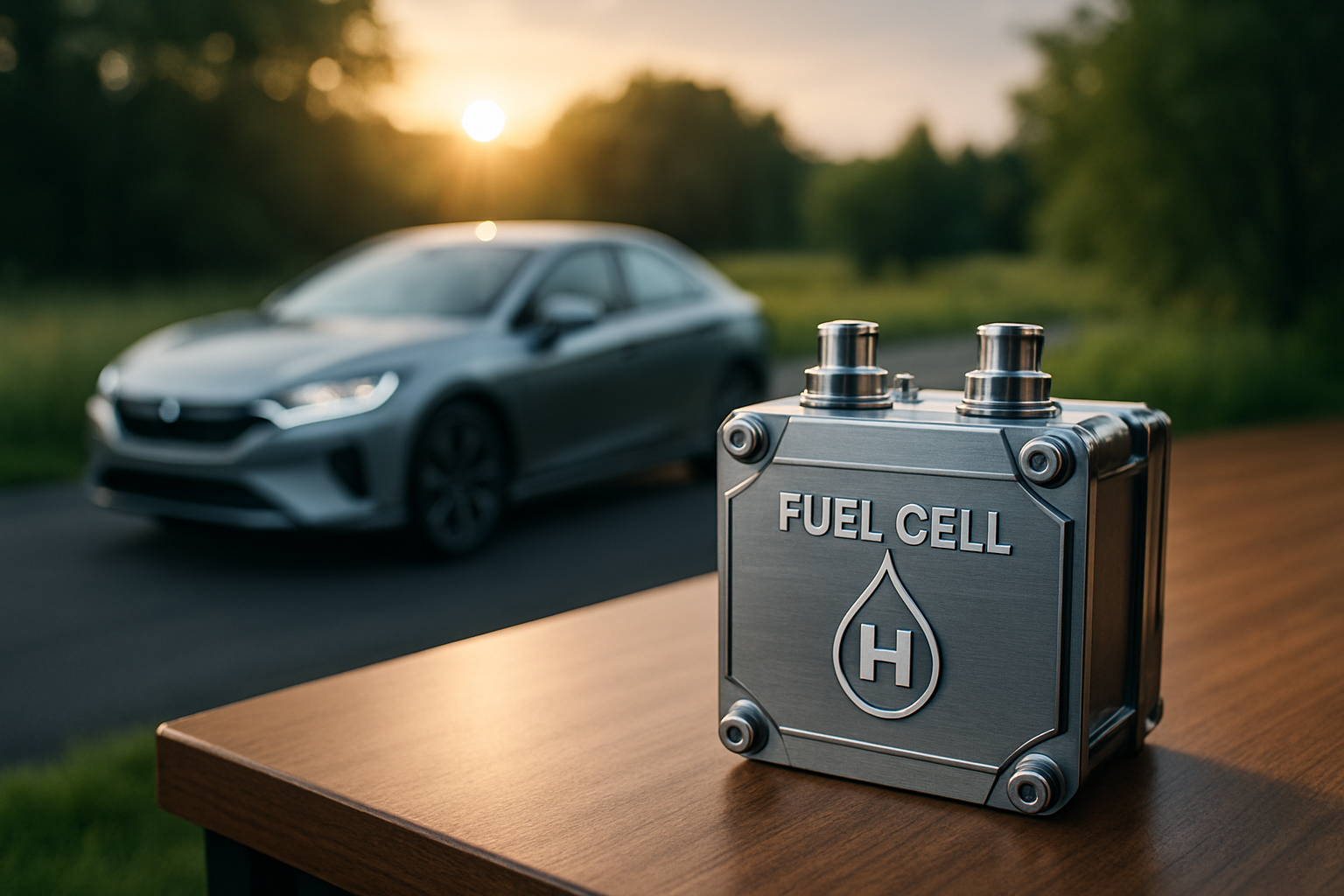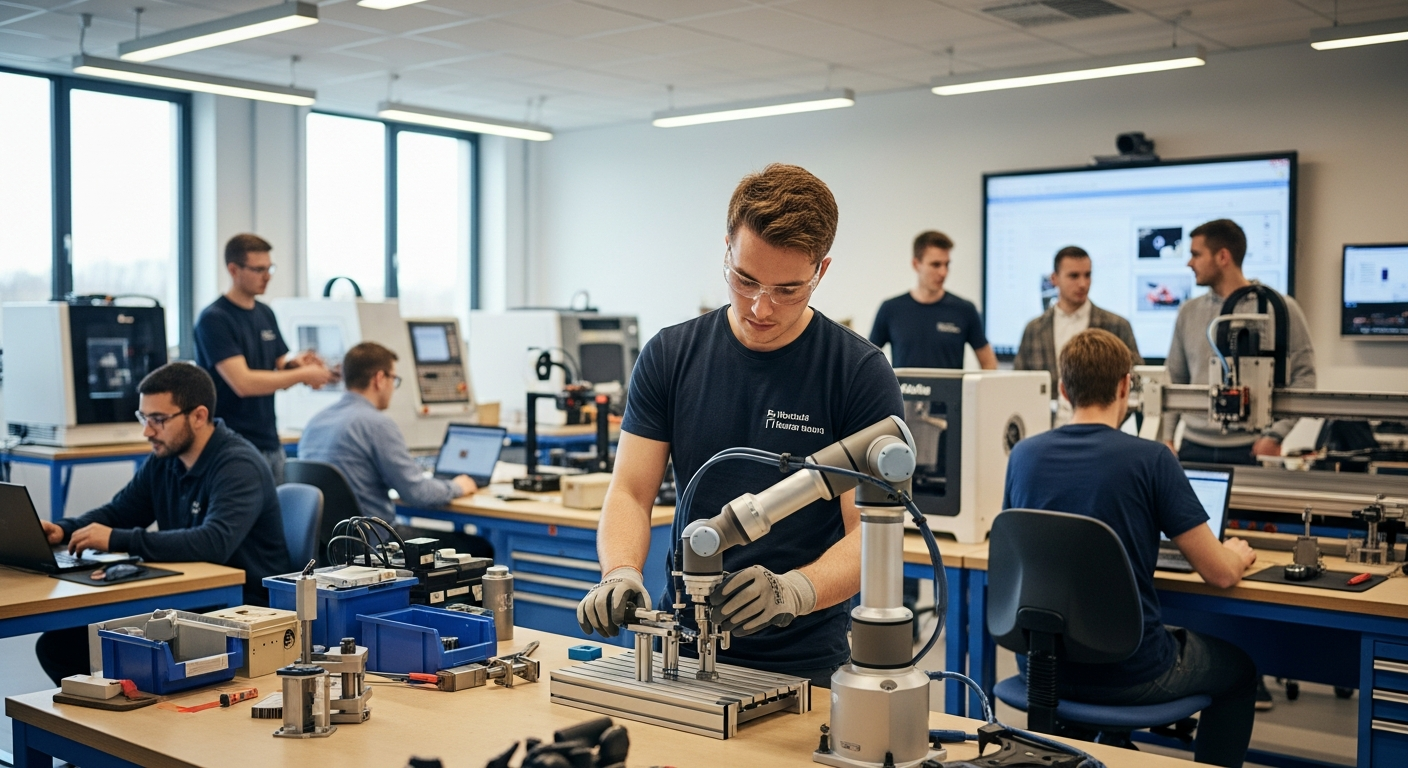Fuel Cell Technology: Pioneering a Sustainable Future in Automotive Industry
In the ever-evolving landscape of the automotive industry, one technology is quietly revolutionizing the way we perceive sustainable transportation: fuel cell technology. This game-changing innovation could be the key to a cleaner and more efficient future for the automotive industry, driving a departure from traditional forms of propulsion.

Historical Context and Key Developments
Fuel cell technology isn’t a new concept. Since the 19th century, scientists have been fascinated by the potential of fuel cells to generate electricity. The first practical application of fuel cell technology came in the mid-20th century when NASA employed it for space missions.
In the automotive context, fuel cells function as miniature power plants, producing electricity to power the vehicle’s motor. This process involves a chemical reaction between hydrogen (stored in high-pressure tanks within the vehicle) and oxygen (from the air), with the only byproduct being water, making it a zero-emission technology.
Current Trends and Insights
Fuel cell technology is experiencing a resurgence in the automotive industry, with car manufacturers, like Toyota and Hyundai, investing heavily in research and development. They aim to produce fuel cell vehicles (FCVs) that match the performance of traditional cars, but with the added benefit of zero emissions.
However, despite the promise of this technology, its adoption in the automotive industry isn’t without challenges. One of the main obstacles is the high cost of production, largely due to the use of expensive materials like platinum in fuel cell systems. Furthermore, the lack of hydrogen refuelling infrastructure poses a significant hurdle to widespread adoption.
Impact and Practical Application
The benefits of fuel cell technology are undeniable. Aside from being a zero-emission technology, FCVs also boast superior energy efficiency compared to traditional internal combustion engine vehicles. They also have the advantage of quick refuelling times, similar to conventional cars.
On the flip side, the high upfront costs and lack of infrastructure remain significant barriers. However, as the technology matures and economies of scale kick in, these costs are expected to come down.
Future Outlook
Despite the challenges, the future looks bright for fuel cell technology in the automotive industry. With growing concerns about climate change and tightening emission regulations, the demand for sustainable transportation is on the rise.
Given the impressive benefits and potential of this technology, coupled with ongoing efforts to overcome its current limitations, fuel cell technology could well be at the forefront of the next big wave of innovation in the automotive industry. Therefore, it’s a vital area to watch for anyone interested in the future of transportation.
Conclusion
Fuel cell technology represents an exciting frontier in the quest for sustainable automotive solutions. While challenges remain, the potential benefits are too significant to ignore. As research and development efforts continue, we can expect to see more advancements in this promising field, propelling the automotive industry towards a greener and more sustainable future.






